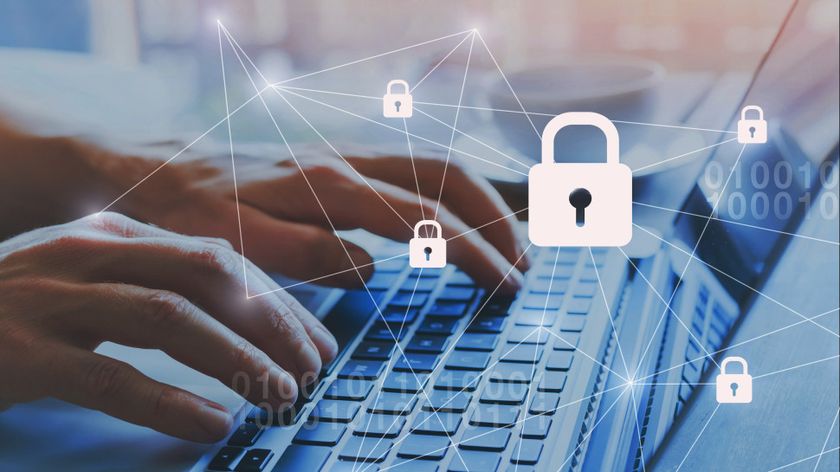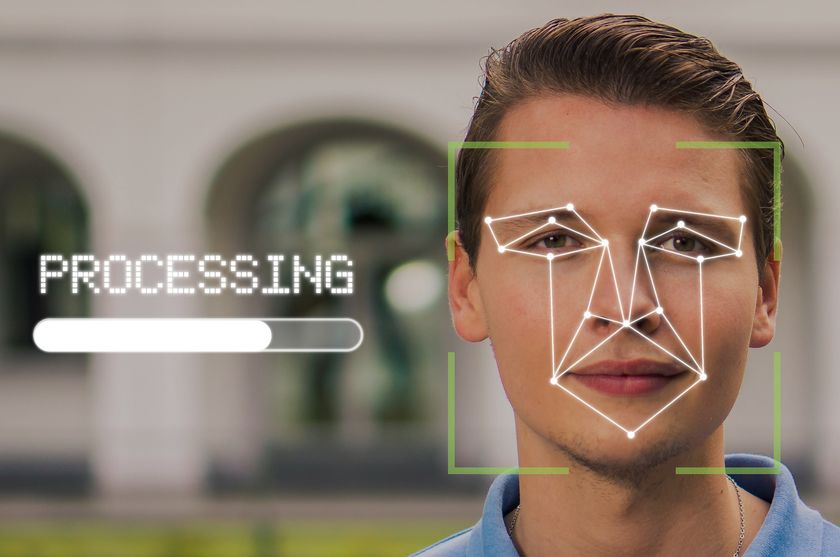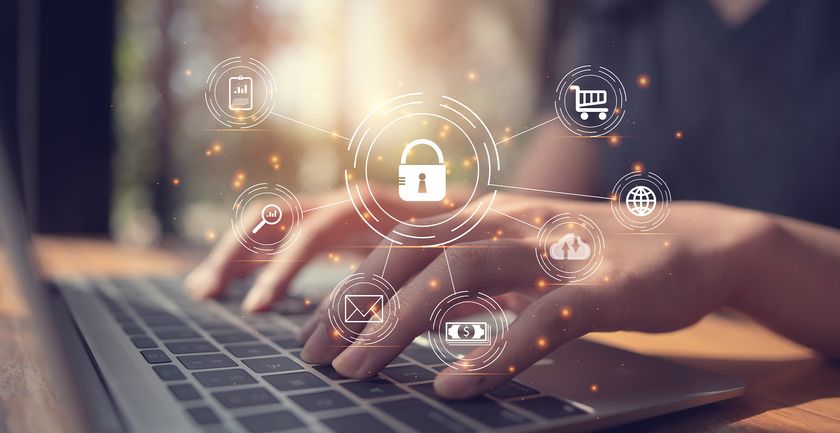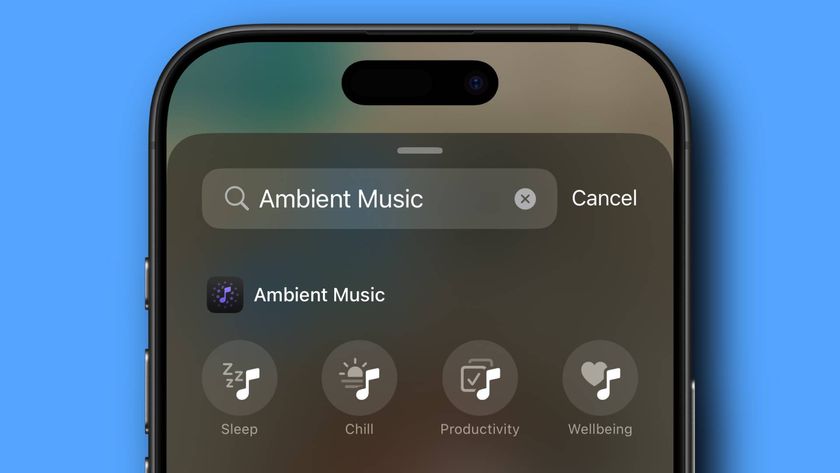Securing your taxes: a step-by-step guide on signing up for a tax identity protection PIN
Secure your personal information by using an IRS-issued ID PIN to lock it down.
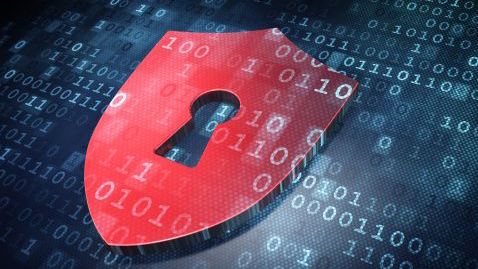
Protecting your identity, particularly regarding your tax-related information, is essential these days since fraud cases continue to increase. Despite the IRS's best efforts, even if you have the best identity theft protection, you can still fall victim to fraud. Criminals can target your social security number and other personal details, putting your tax refund at risk, which can be very stressful and leave you with a financial loss.
However, if you've fallen victim to tax identity fraud, there are additional steps you can take to prevent it from happening again. One option is to obtain an identity protection PIN or IP PIN, which is issued by the IRS and consists of a unique six-digit number. This will prevent anyone else from filing a tax return using your Social Security number. Although it may require some effort to obtain an IP PIN, it's an excellent option if you feel you need extra protection following an ID theft incident.
A Techradar Choice for Best Identity Theft Protection Aura is an excellent choice thanks to its user friendly interface, antivirus service and detailed reporting dashboard. Save up to 50% with a special Techradar discount.
Your eligibility
Unsurprisingly, the IRS doesn't hand out IP PINs in a haphazard fashion, so you'll need to be a confirmed victim of identity theft to qualify for one. Then, after the IRS has concluded its identity theft investigations and is happy that your tax account issues have been corrected, you'll be in line for a CP01A Notice. This is the official notice that explains what the IP PIN is and why you're being issued one.
Once you start getting an IP PIN, each one issued will last for twelve months. This means that a new one is sent out every year. Each time you get a replacement, you will receive instructions on how to use the unique 6-digit IP PIN, and this will need to be entered each time you file official forms, which include Forms 1040, 1040-SR, 1040-NR, or 1040 PR/SS.

Taking action
Each taxpayer who gets an IP PIN must use the unique ID whenever an electronic tax return is filed. According to the IRS, this includes the primary taxpayer, spouse, and dependent. Similarly, taxpayers need to enter the ID number if filing using a paper return, too, and there are some valuable pointers on precisely what needs to be done on the IRS page outlining these steps.
As you’d expect, the IP PIN needs to be looked after for something vital in maintaining security and protecting your data. It should not be disclosed to anyone else, aside from a tax preparer, if you are using the services of one. Failure to use it on the official forms will also mean that your filed return will be rejected, which could result in even more stress.
Keep your CP01A notice in a secure location and any new ID PIN you get each year, ideally along with your tax records.
Are you a pro? Subscribe to our newsletter
Sign up to the TechRadar Pro newsletter to get all the top news, opinion, features and guidance your business needs to succeed!
Getting the IP PIN
You'll need to be a confirmed victim of identity theft to get an IP PIN. The IRS can send you one in the mail, which will be contained in a CP01A Notice. However, this depends on whether your identity theft case is resolved before the next tax filing season starts.
The other route to an IP PIN is if you're volunteering for the IP PIN Opt-In Program. This involves using the online Get an IP PIN tool, and you'll be required to have an account on IRS.gov. This is needed so that you can subsequently validate your identity. It's worth spending some time reading up on the secure access identity authentication processes.
There are also steps in place if you lose your CP01A Notice so you can still retrieve your IP PIN. Similarly, if you cannot get the IP PIN using the online tool, filling in an application or obtaining in-person authentication to process a request is possible. However, using these other methods could mean there will be a delay in receiving your IP PIN.

IP PIN usage
Once you've managed to get your IP PIN, the unique number will need to be used if you're working with tax software products for accounting and tax filing purposes. It's also imperative that the IP PIN is entered correctly because if it isn't, it could cause further issues and potential delays when sorting out tax filing tasks.
It's also crucial to ensure that the IP PIN isn't shared with anyone besides a tax professional whose services you might use for tax filing. Remember that the IRS will never ask for your IP PIN, so beware of any dubious communications requesting it. Any phone call, email, or text asking you to submit your IP PIN should be ignored as they will doubtless be scams.
Although it may seem like quite a lot of effort, getting yourself an IP PIN could make life easier in the long run; if you've been a victim of personal identity theft, especially in tax affairs, this is still one of the best ways to counter criminal activity. And, because the number is renewed each year, it does make life harder for fraudsters who might have exploited your details on previous occasions.
More from TechRadar Pro
- Check out the best identity theft protection
- The best tax software around today
- Take a look at the best accounting software
Bryan M. Wolfe is a staff writer at TechRadar, iMore, and wherever Future can use him. Though his passion is Apple-based products, he doesn't have a problem using Windows and Android. Bryan's a single father of a 15-year-old daughter and a puppy, Isabelle. Thanks for reading!


